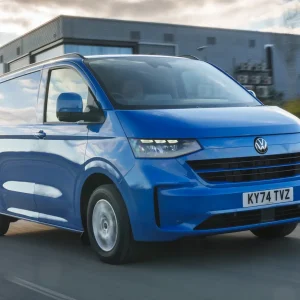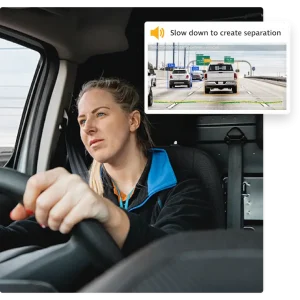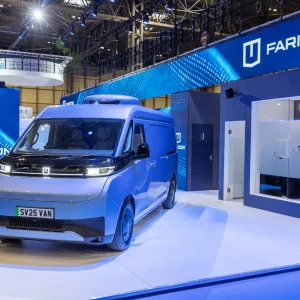The chancellor, George Osborne, is expected to set out plans to give English cities powers to control transport, planning and policing policies in his first post-election speech.
Cities with an elected mayor will be able to introduce their own measures to tackle air pollution. Greater Manchester, which is due to elect a mayor in two years time will be become a blueprint for other large cities, Osborne will say.
A Cities Devolution Bill will be set out in the Queen’s Speech later this month. Only cities that elect their own mayor will be given control of local transport, housing and skills.
WhatVan? contacted the Treasury to ascertain exact details of what transport policies mayors will be able to tweak. It has yet to respond, but according to news leaks, Osborne is expected to say “I will not impose this model on anyone, but nor will I settle for less.”
“My door is now open to any other mayor city who wants to take this bold step in the future.”
This development could lead to more congestion charge zones in cities across the UK and follows from a ruling from the Supreme Court, the final appeal court in UK law, that the country must submit plans to improve air quality by the end of the year, with 43 cities, towns and zones estimated to miss air quality targets.
Last November, Birmingham’s council leader, Sir Albert Bore, refused to rule out congestion charging or workplace parking taxes in order to pay for a £4 billion package of transport improvements for the city.
The Birmingham Connected transport plan contains proposals for investment in trams and buses, new rail lines and smart card fares, while promoting walking and cycling in an attempt to reduce road congestion over the next 20 years.
“There is a growth in car usage and we have to reverse that. I am not ruling anything in, or anything out at the moment,” he told the Birmingham Mail in November.
“It might mean some raising of taxes, but that would happen around a discussion with residents and businesses.”





